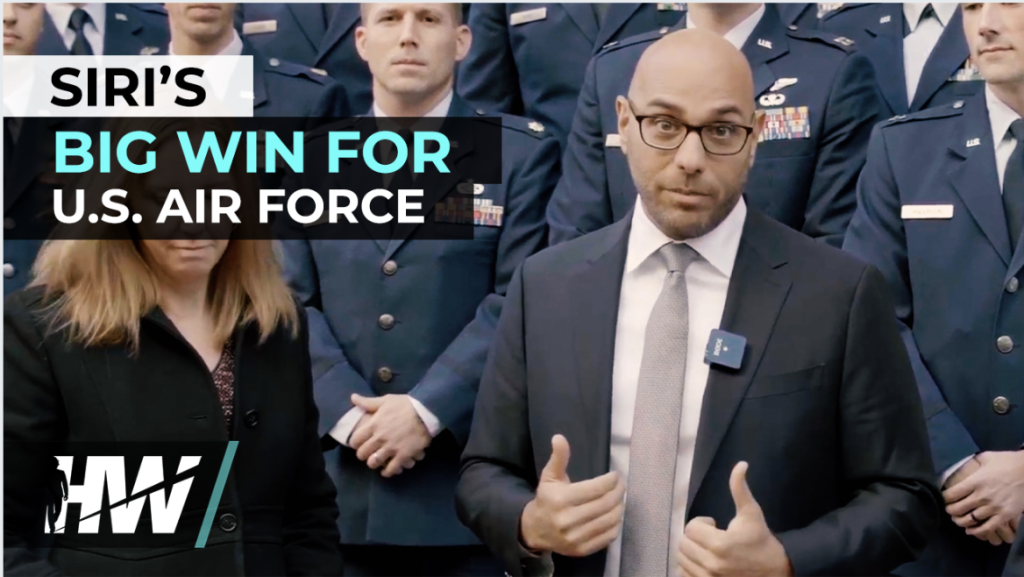BREAKING: Judge in Army Lawsuit Protects Soldiers With Religious Exemptions to COVID Shots, Grants Preliminary Injunction
Updated
By Jefferey Jaxen
The United States Army is facing a class action lawsuit being heard in the Northern District of Texas to provide relief to service members who have refused the Covid vaccine citing their sincerely held religious beliefs.
Judge James Wesley Hendrix has just granted a preliminary injunction to the plaintiffs in the case barring the Army from taking any action against them for refusing the Covid jab.
“The plaintiffs have met their burden of showing that the defendants have substantially burdened their sincere religious beliefs” wrote the court in its new memorandum order.
In total up to this December, the active Army, Army reserve, and the Army National Guard has received a total of 9,068 religious exemptions to which only 123 were approved.
Just days before the preliminary injunction was issued, the court directed the Army to provide the name of any service member refusing a Covid vaccine for religious reasons at least a week before discharging them. The move will provide another layer of insulation from the mandate by allowing attorneys in the case to pursue individual injunctions for each service member while the motion for class certification is pending.
Each plaintiff in the case has requested an exemption to the Army’s vaccine mandate due to religious opposition to the use of fetal cell lines in developing the Covid-19 vaccine. Court documents also state that all of the plaintiffs have contracted and recovered from Covid-19.
Attorney Aaron Siri, managing partner at Siri & Glimstad, who is leading the Army class action case with support from The Informed Consent Action Network, recently appeared on FOX News to discuss the latest developments.
Meanwhile, the 2023 National Defense Authorization Act (NDAA) has passed both the House and the Senate with final language to rescind the military’s vaccine requirement included within it.
While it will prevent new members of the military from being subject to a Covid-19 vaccine mandate, it will not require the military from desisting from disciplinary, punitive or separation measures for those that did not comply with the Covid-19 mandate before it was rescinded. Hence the need for the courts to intervene to protect these service members.
The bill now heads to Biden’s desk for his signature which, if signed, would end the 2021 military Covid vaccine directive by Defense Secretary Lloyd Austin it.
However, a longer and deeper legal battle has been raging in American courtrooms for some time now. Cases defending the sincerely held religious beliefs of service members from the Army, Navy, Marines and Air Force against a COVID vaccine mandate have gained momentum.
In July 2022, a decision by Southern District of Ohio Judge Matthew McFarland to certify a case [Doster v. Kendall] as a class-wide complaint protected at least 10,000 airmen and guardians who are part of ongoing lawsuits contesting the Pentagon’s vaccine mandate.
The group includes anyone in the active duty Air Force and Space Force, Air Force Reserve, Air National Guard, U.S. Air Force Academy and Air Force Reserve Officer Training Corps who have asked for a religious exemption to the vaccine since Sept. 1, 2021, showed a sincere religious belief opposing the jab, and whose requests were denied or are not yet settled.
The current Army case appears to be headed for a similar remedy in the coming weeks.
Less than a month ago, all three judges on a U.S. Sixth Circuit Court of Appeals panel unanimously upheld the class-wide injunction dealing what was reported as a near final blow to the Air Force’s COVID vaccine mandate.

Running parallel to the judicial and legislative movement against mandates, federal contractors are also seeing relief from the U.S. government’s Covid vaccine orders.
Reuters has just reported on Monday that a U.S. appeals court “…said the White House could not require federal contractors to ensure that their workers are vaccinated against Covid-19 as a condition of government contracts. The U.S. government has contracts with thousands of companies, and courts have said the issue could affect up to 20% of U.S. workers.”
As it appears that the final few edicts from the short era of Covid mandates may be coming to an end, the American people are left to ask why the U.S. government is so vehemently defending such orders in the face of crumbling support from the scientific community as well as their own regulatory agencies.











